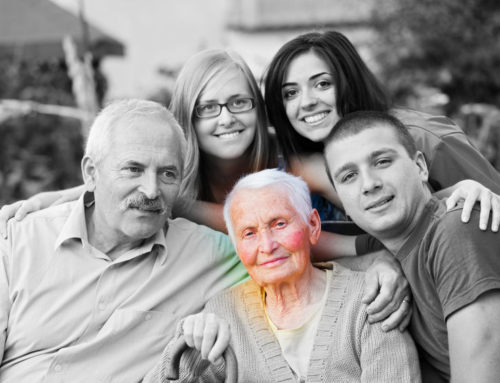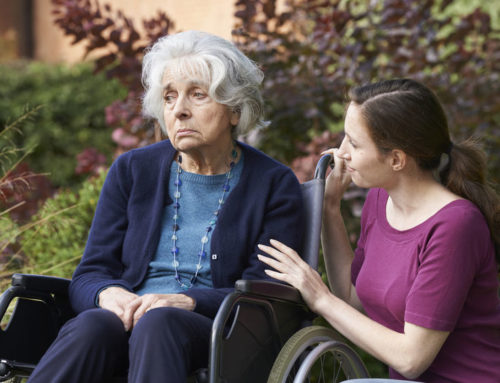Just like the rest of us, those with Alzheimer’s disease and dementia can experience a wide array of emotions as they move throughout their daily lives. Just as we may feel agitation and anxiety after an unpleasant or frustrating interaction, those with either of these debilitating conditions may also experience feelings of agitation. Unfortunately, though, those with Alzheimer’s disease or dementia don’t always have the same ability to express their feelings or communicate their anxieties the way the rest of us do. Moreover, many seemingly mundane situations may cause these individuals to experience strong emotions, and the emotions may seem rather disproportionate to the stimuli.
If you have a loved one with Alzheimer’s disease or dementia, then likely spend a significant portion of your time dedicated to managing his or her emotional states. Oftentimes, you probably find yourself attempting curb any such stimuli that bring your loved one agitation. One technique for managing agitation-inducing stimuli is known as behavior acceptance. With behavior acceptance, caregivers simply learn to identify the undesired behaviors of their loved ones as part of the disease process. Very simply, this means that instead of asking a loved one an agitation-inducing question such as “Your face is dirty. Will you go clean yourself off?” you instead say something like “Let’s go wash our faces, so we can go to the store.” By involving yourself in the behavior and connecting some purpose to the action, the suggested behavior seems less threatening and therefore, less likely to induce a state of agitation.
While it might go without saying, the goal of minimizing agitation in your loved one is important. By learning to incorporate behavior acceptance into your skill set for managing your loved one’s emotional states, you significantly reduce the likelihood he or she will end-up having an emotional outburst that could potentially put his or her health at risk. If, however, your loved one has acted out do to extreme agitation, then you may want to contact an Ohio elder law attorney to help you identify the source. A qualified elder law attorney may have the experience needed to help identify the source of this agitation and get your loved one in safer environment as soon as possible.





